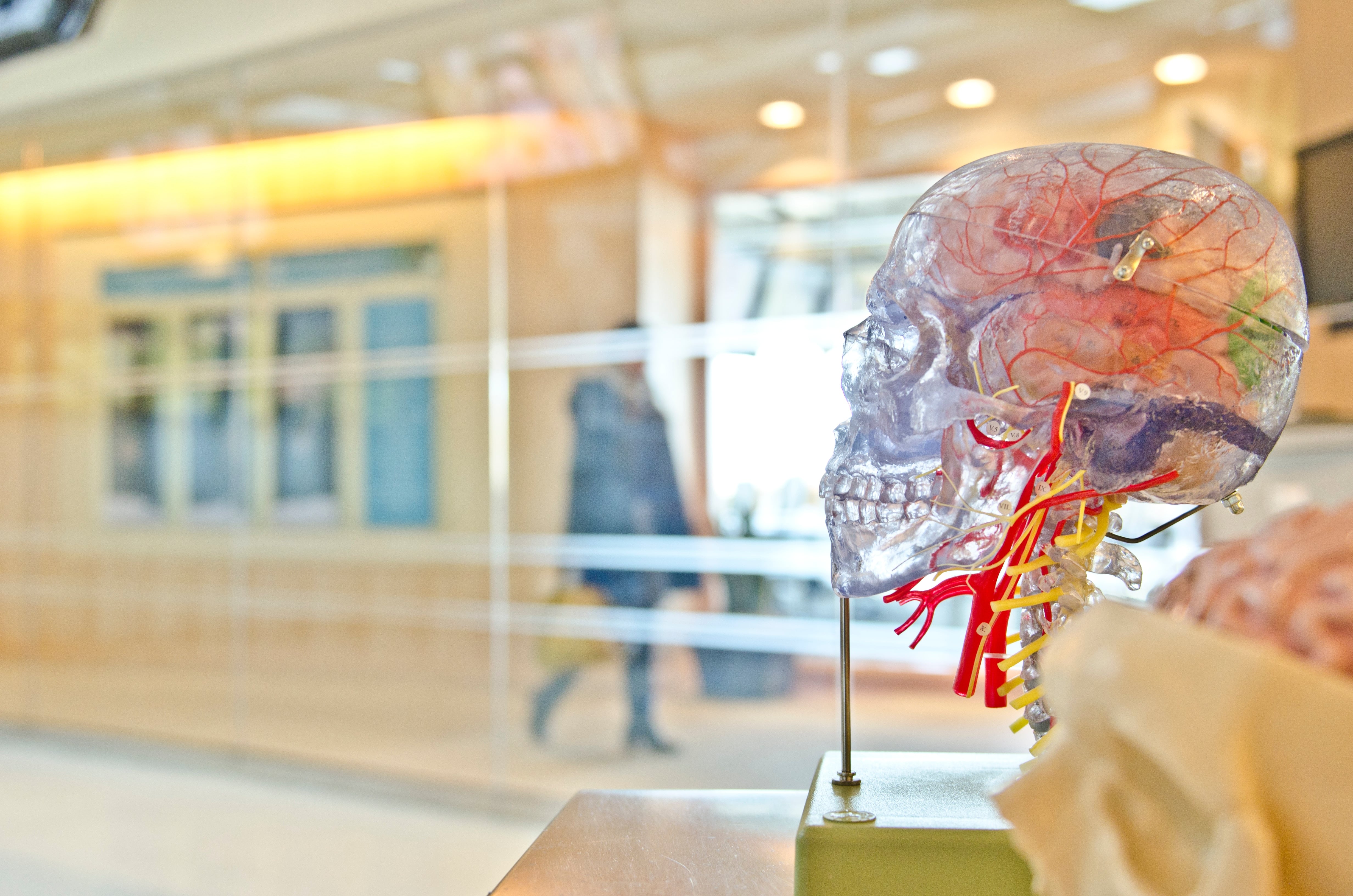Many of us will know someone affected with forms of dementia like Alzheimer’s. Dementia affects 50 million people around the world and that figure is set to reach 152 million by 2050. But we still don’t fully understand the condition, nor do we have any treatments. More research is critical to provide a much-needed breakthrough. The year 2019 has been a mixed year in terms of Alzheimer’s research.
From finding brain changes decades before dementia strikes to investigating how speaking two languages might protect your brain, University of Reading researchers, including Helping Hands expert reviewer Mark Dallas, are targeting the condition on several fronts.
Early changes
Dementia is slow and stealthy. Changes in brain chemistry that will ultimately lead to the condition can occur in early mid-life, as early as your forties – decades before dementia symptoms appear. These changes involve not just brain cells, but also the veins and arteries supplying them and cells responsible for inflammation.

Neuroscientist Dr Mark Dallas has researched the resident immune cells of the brain – the microglia in relation to dementia. In particular, he is investigating their ability to detect these early changes to brain activity before the symptoms of dementia become apparent.
He explains: “We believe, alongside other dementia researchers, that these cells offer insight into brain health. By studying them, we hope we can uncover the subtle changes in their own activity that precede the death of nerve cells.
“This could bring benefits to people living with dementia in two ways: it could offer the potential for new drug targets and the ability to get an early diagnosis which will help with long-term management of dementia”.
Bilingual benefits
Brain imaging studies by Christos Pliatsikas in the University of Reading’s Psychology Division are looking at how speaking more than one language can help protect the brain against dementia.
He recently led a study comparing MRI scans of the brains of healthy bilingual people aged 55 – 65 who have spoken two languages in their everyday life for many years, with those of monolingual people of a similar age.
Findings revealed differences in physical brain structures between the two groups. On average, bilingual people had a greater volume of brain tissue in part of the brain called the hippocampus – responsible for memory and language – than monolingual people of the same age.
Loss of brain processing power as we age is known to happen more slowly in bilingual people. Christos’s work suggests this could be because bilinguals have more tissue to lose and therefore greater protection against dementia (the amount of brain tissue lost over the course of Alzheimer’s disease weighs roughly the same as an orange).
Ongoing work will study 40 bilingual patients diagnosed with mild cognitive impairment to test if differences in brain structure relates to their diagnosis and to their type and amount of bilingual experiences.
Navigating the medicines minefield
Making and attending GP appointments, organising repeat prescriptions and remembering to take both regular and short-term medications – navigating the healthcare system to complete these tasks can be a minefield for a person with dementia. Pharmacist Dr Rosemary Lim’s research is looking at helping dementia patients to manage their medicines in their own homes and empowering them to be more independent.
“We’ve found that patients come up with strategies of their own, for example ticking medications off on a list or even using Alexa to remind them when to take their medication,” explains Rosemary.

She is trying to classify these strategies according to their characteristics and ultimately produce guidelines to help people with dementia to find their way around the system.
In today’s squeezed NHS, community pharmacists have very little time with dementia patients, and patients can come away with a limited understanding of what drugs they are taking. Another strand of Rosemary’s work is to improve communication between pharmacists and patients to make the most of these short encounters.
The future
The media routinely reports dementia breakthroughs and the latest advice on drinking coffee, red wine and eating chocolate. It is often hard to make sense of these articles with scientists presenting their latest data and the lack of new medicines being made available to those living with dementia.
However, let’s be clear: research will be the key to unlocking the complexities of dementia, and here in the UK we are lucky to have the Dementia Research Institute, a joint £290 million investment into dementia. New approaches to tackling dementia are bearing fruit in the lab and it is hoped that this will translate into new medicines that can better manage dementia in the future.
Part of this article first appeared as a blog on the University of Reading’s research blog.
Page reviewed by Mark Dallas, Medical Researcher and Doctor on January 17, 2020
